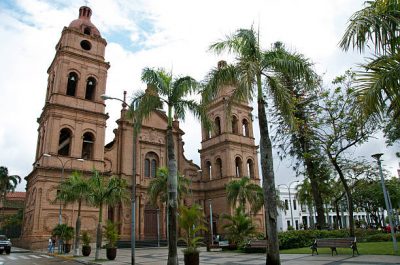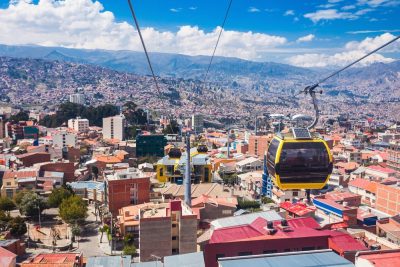Privacy & Cookies: This site uses cookies. By continuing to use this website, you agree to their use.
To find out more, including how to control cookies, see here: Cookie Policy
To find out more, including how to control cookies, see here: Cookie Policy

Recent Articles
- Everything you need to know about teaching English online in 2024
- Everything you need to know about teaching English in Vietnam in 2024
- Everything you need to know about teaching English in Germany in 2024
- Everything you need to know about teaching English in South Korea in 2024
- Everything you need to know about teaching English in Brazil in 2024
- Everything you need to know about teaching English in Costa Rica in 2024
- Everything you need to know about teaching English in the Czech Republic in 2024
- Everything you need to know about teaching English in Thailand in 2024
- Everything you need to know about teaching English in Spain in 2024
- Everything you need to know about teaching English in Japan in 2024





























